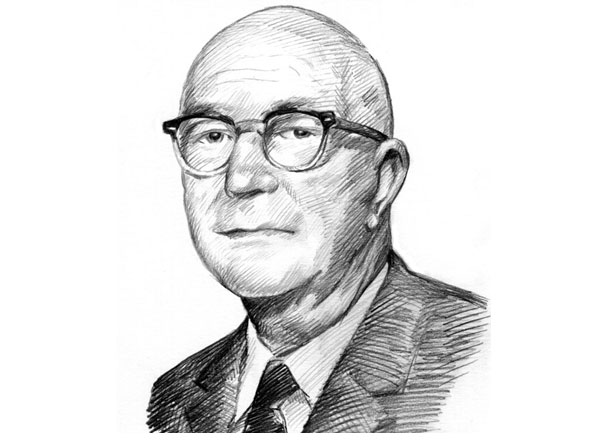IAI @philofbrains: “The Dance of Life”
I am very pleased to announce a new partnership between the Brains blog and the Institute of Art and Ideas. The IAI was founded in 2008 by the philosopher and broadcaster Hilary Lawson. It aims to invigorate our lives and culture by placing big ideas and critical thinking at the …




